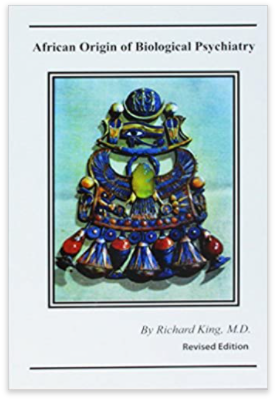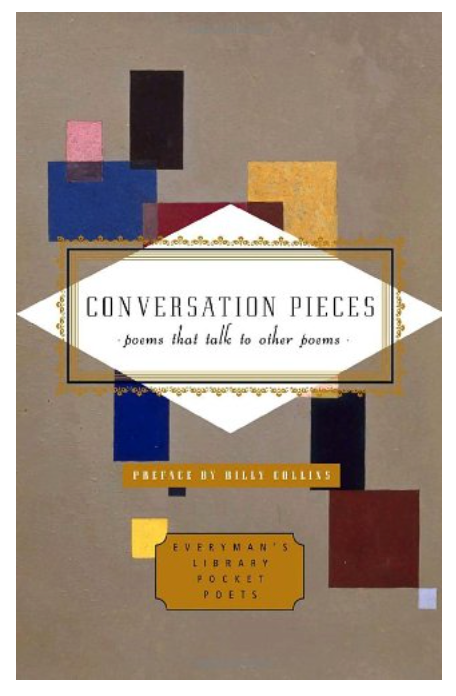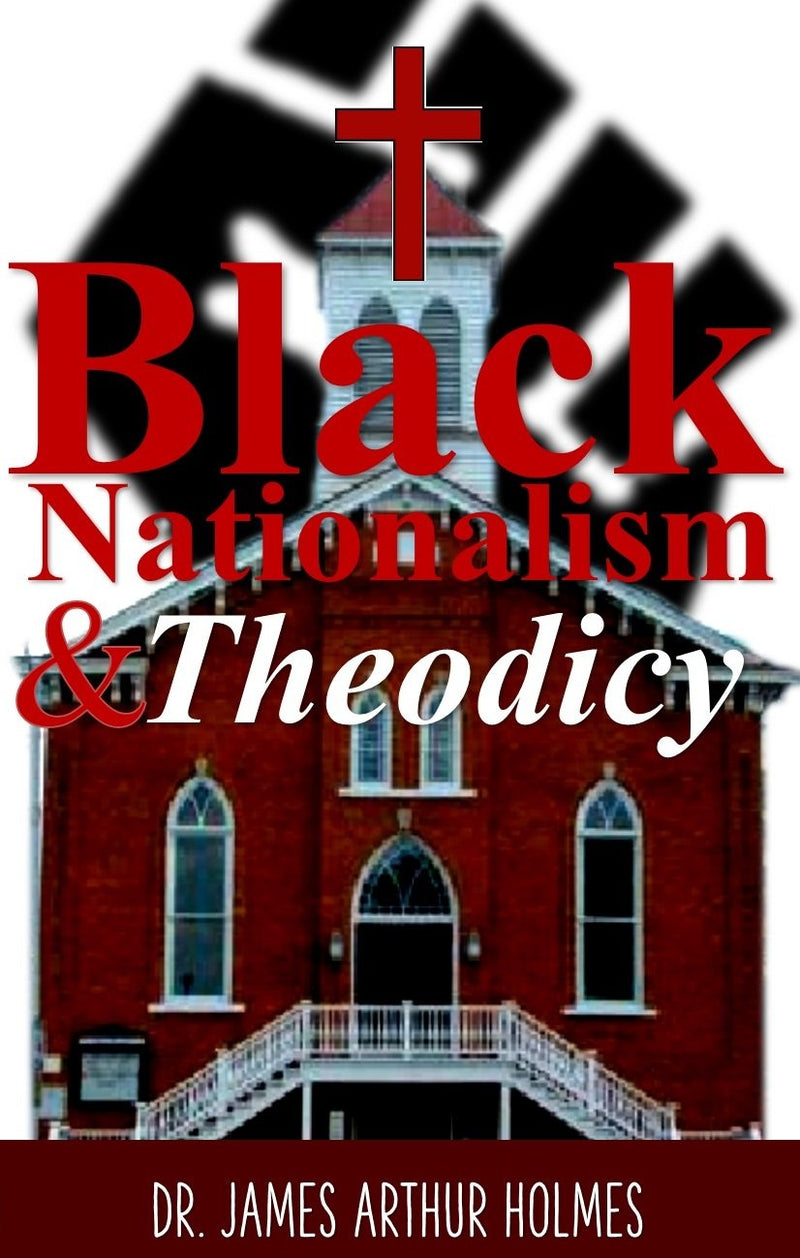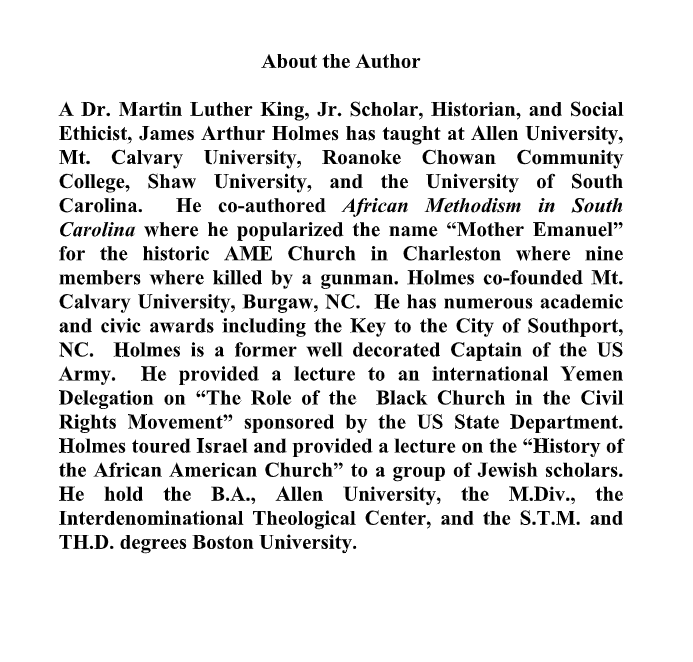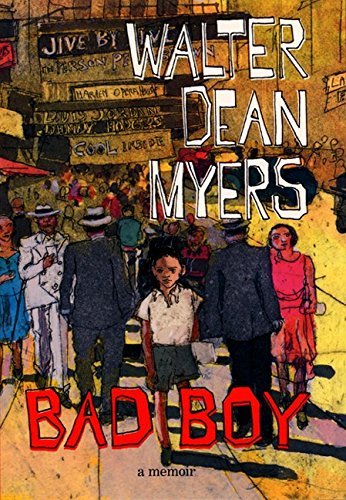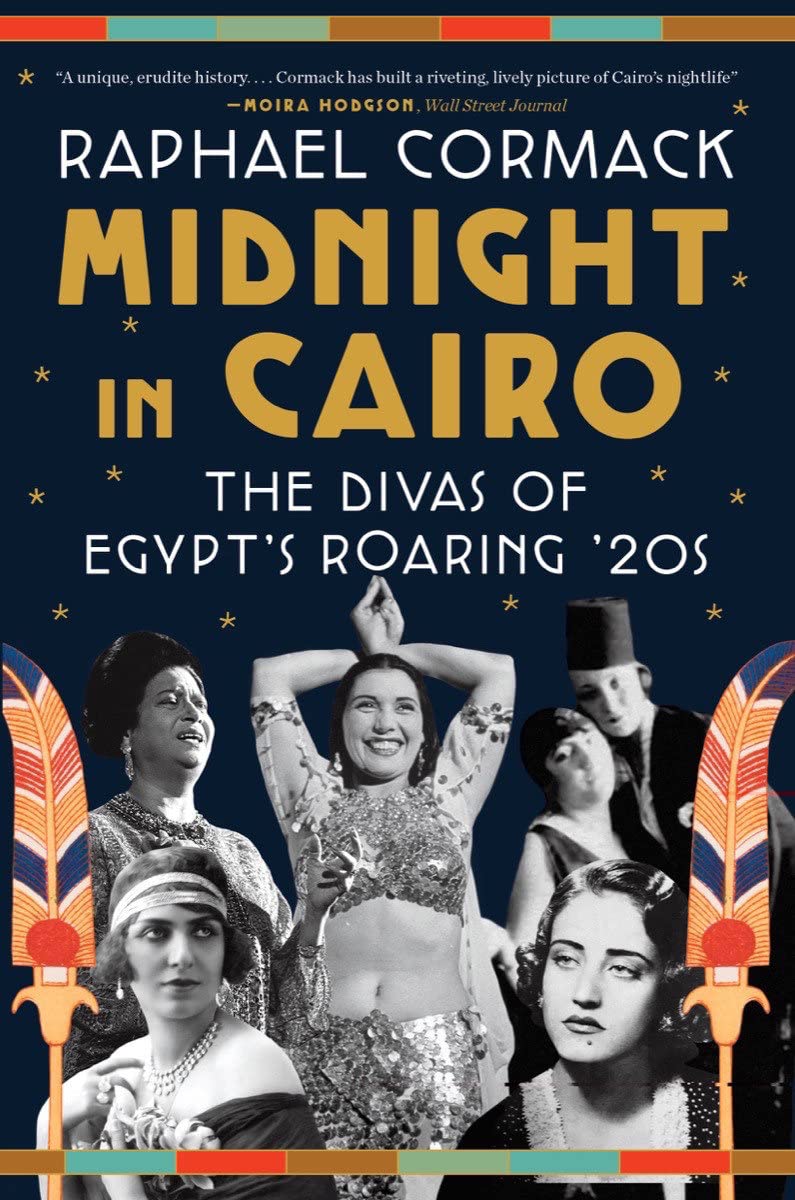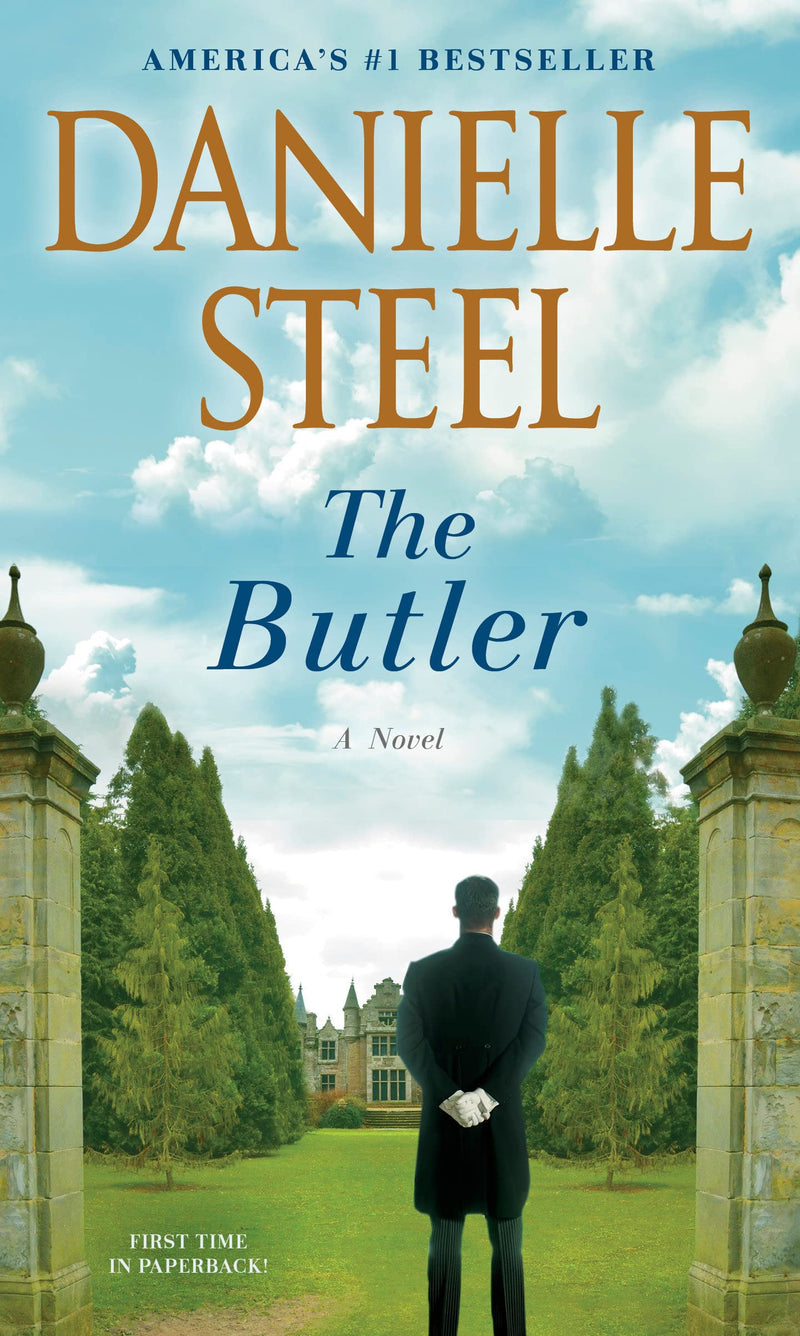America's Greatest Cold War Presidents: Harry Truman, Dwight Eisenhower, John F. Kennedy, Lyndon B. Johnson and Ronald Reagan
ISBN: 9781493649662
*Comprehensively covers the lives, careers and legacies of the 5 Presidents.
*Includes pictures of important people, places, and events.
*Includes Bibliographies for further reading.
*Includes a Table of Contents.
Among America’s presidents, Harry Truman’s presidency produced some of the nation’s most crucial decisions and left one of the nation’s most unique legacies. The new president had to usher America through victory in Europe in his first month and decide to drop atomic bombs on Hiroshima and Nagasaki a few months later, but the end of World War II produced only the first of many consequential decisions Truman would face during his nearly 8 years in office. As president, Truman would lay the groundwork for the next 50 years of American foreign policy, as the architect of Cold War containment, the man who signed off on the Marshall Plan, and the commander-in-chief during much of the Korean War.
Despite being one of America’s oldest presidents, Eisenhower redefined the public relations nature of the office, in addition to positioning America during the Cold War standoff with the Soviet Union. But Eisenhower’s most lasting contribution as president was the construction of the interstate highway system, and it was in the final year of his presidency that his administration planned and implemented the Apollo space program that would land men on the Moon in 1969. By the time he died in 1969, President Nixon aptly described Eisenhower as “the world's most admired and respected man, truly the first citizen of the world.”
*Includes pictures of important people, places, and events.
*Includes Bibliographies for further reading.
*Includes a Table of Contents.
Among America’s presidents, Harry Truman’s presidency produced some of the nation’s most crucial decisions and left one of the nation’s most unique legacies. The new president had to usher America through victory in Europe in his first month and decide to drop atomic bombs on Hiroshima and Nagasaki a few months later, but the end of World War II produced only the first of many consequential decisions Truman would face during his nearly 8 years in office. As president, Truman would lay the groundwork for the next 50 years of American foreign policy, as the architect of Cold War containment, the man who signed off on the Marshall Plan, and the commander-in-chief during much of the Korean War.
Despite being one of America’s oldest presidents, Eisenhower redefined the public relations nature of the office, in addition to positioning America during the Cold War standoff with the Soviet Union. But Eisenhower’s most lasting contribution as president was the construction of the interstate highway system, and it was in the final year of his presidency that his administration planned and implemented the Apollo space program that would land men on the Moon in 1969. By the time he died in 1969, President Nixon aptly described Eisenhower as “the world's most admired and respected man, truly the first citizen of the world.”








